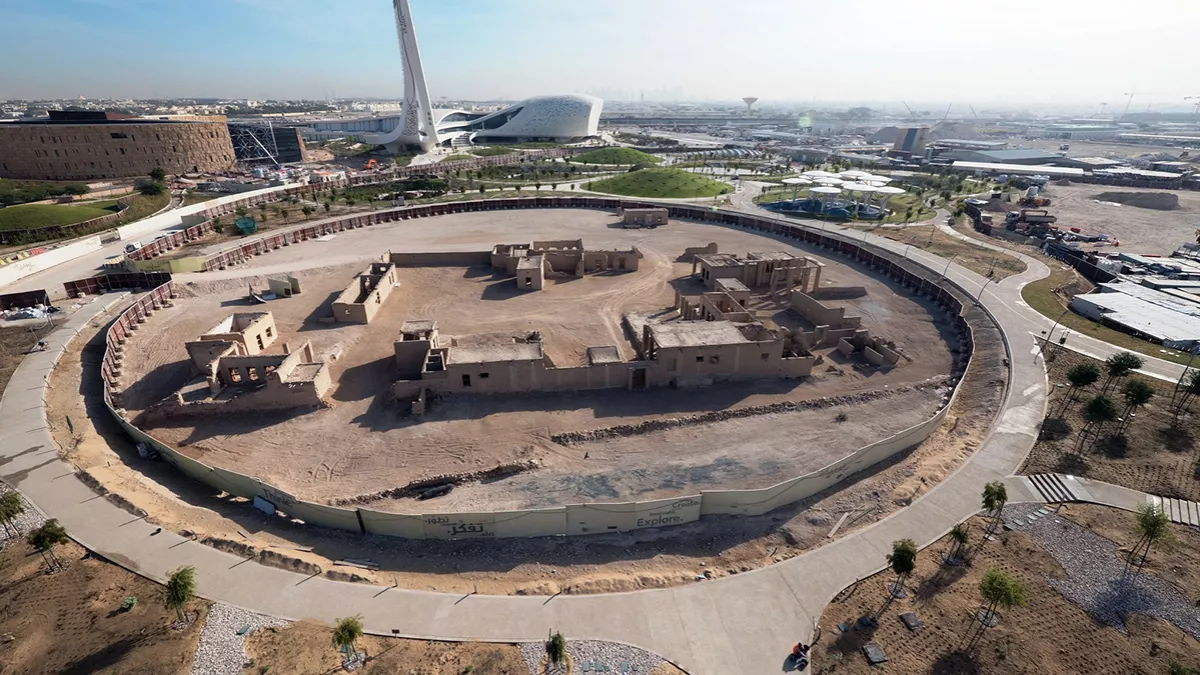
The plans to preserve Qatar’s history in an aural format for future generations are in place and will be implemented by documenting oral history from families and people across the country. The Al Khater House, recently restored and preserved by Qatar Foundation in the Education City, is one of the historic sites which will be documented. Al Khater House will act as a center for cultural exchanges and Qatar National Library will collect its oral history by working with the Al Khater family, said Director of Strategy and Strategic Projects, Qatar National Library, Hind Al Khulaifi, recently.
Oral history is the collection and study of historical information about individuals, families, and important events through interviews conducted with people who participated in or observed the events and whose memories and perceptions of these are to be preserved as an aural record for future generations. Oral history strives to obtain information from different perspectives and most of these cannot be found in written sources. Oral history also refers to information gathered in this manner and to a written work (published or unpublished) based on such data, often preserved in archives and large libraries.
The recent discussion on ‘Cultivating Arab Heritage and Culture during the First World Cup in the Region,’ also highlighted the importance of orally documenting Qatar’s history and preserving its heritage sites.
